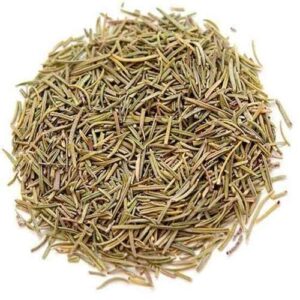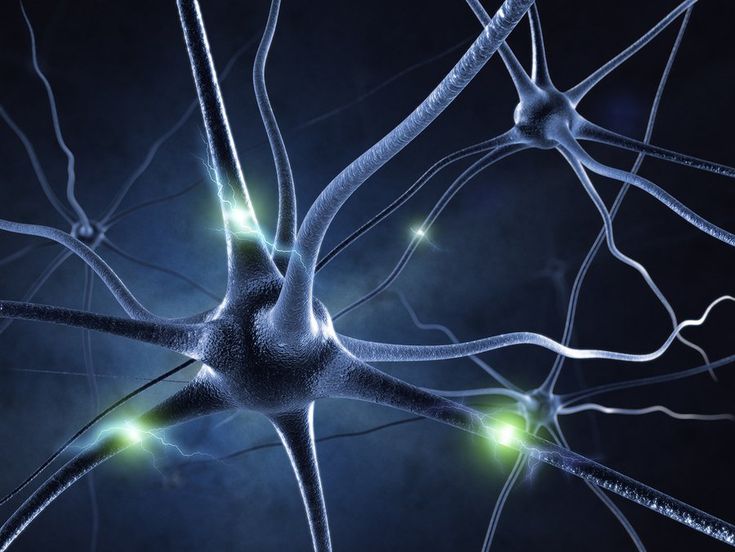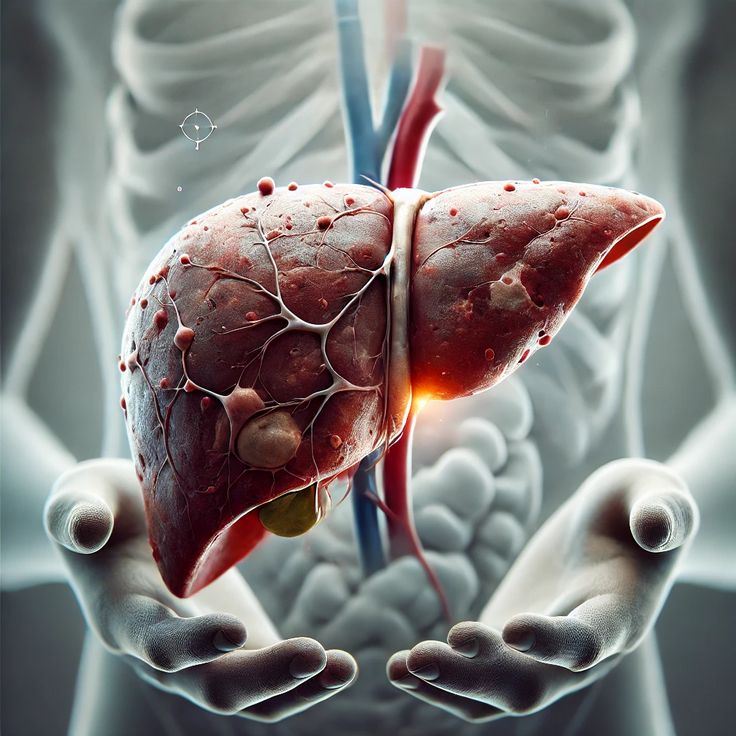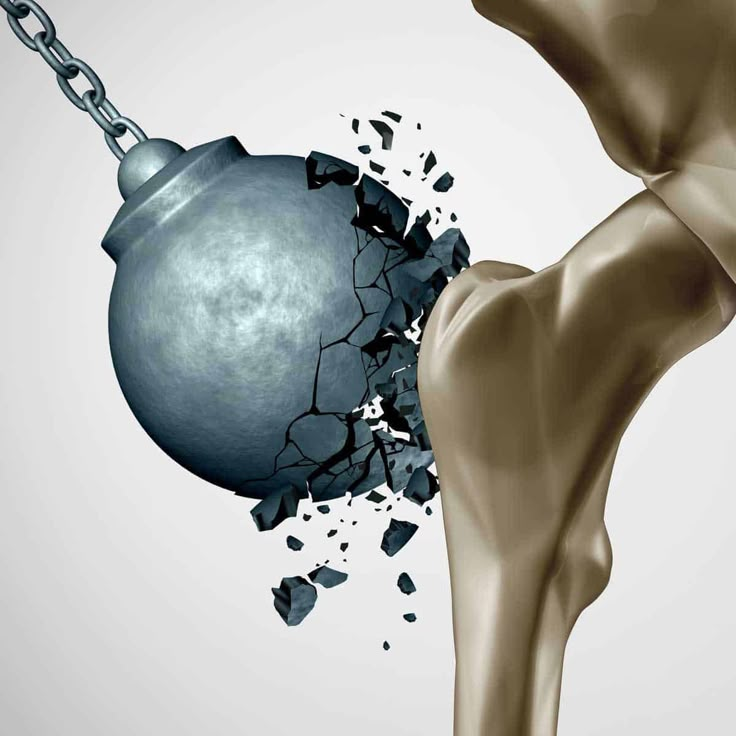Rosemary Dry Leaves (Rosmarinus officinalis)
Introduction
Rosemary is a symbol of remembrance, loyalty, and purification. From the shores of the Mediterranean to the ancient healing temples of India and Egypt, rosemary has been honored as both a culinary treasure and a sacred medicinal herb. The dry leaves, aromatic and intensely flavorful, carry concentrated phytochemicals that grant rosemary its vast healing powers. Click For More Product.

Botanical Description
- Family: Lamiaceae (Mint family)
- Appearance: Woody perennial shrub, narrow needle-like green leaves with a silvery underside, small blue, purple, or white flowers.
- Habitat: Native to the Mediterranean but thrives in warm climates globally.
Energetics and Ayurvedic Perspective
In Ayurveda, rosemary is seen as a Vata-Kapha balancing herb.
- Rasa (Taste): Tikta (bitter), Katu (pungent)
- Virya (Potency): Ushna (hot) – enhances digestion, circulation, and metabolism.
- Vipaka (Post-digestive effect): Katu (pungent) – aids in detoxification. Click For purchase.
Dosha Action:
- Vata: Calms excessive nervous energy, promotes grounding.
- Kapha: Reduces stagnation, clears respiratory channels.
- Pitta: Should be used moderately (excessive can cause heat).
- Rosmarinic acid: Anti-inflammatory, antioxidant.
- Carnosic acid: Neuroprotective, supports brain function.
- Essential oils (camphor, cineole, borneol): Antimicrobial, aromatic, respiratory clearing. Click For purchase.

Common Applications
Internal Use:
- Tea or infusion to stimulate digestion and mental clarity.
- Tinctures for enhancing memory and reducing stress.
External Use:
- Oil infusions for muscle pain, arthritis, and hair growth stimulation.
- Bath soaks with rosemary leaves for rejuvenation and stress relief.
Culinary:
-
-
Flavoring meats, breads, oils, and soups with dry rosemary leaves for added flavor and digestive support.
-
Scientific Research Highlights
- Cognitive Support: Studies show rosemary aroma can improve memory recall and cognitive performance.
- Antioxidant Protection: Extracts of rosemary protect cells from oxidative stress, linked to aging and chronic diseases.
- Hair Growth: Clinical studies have found rosemary oil to be as effective as minoxidil in treating androgenetic alopecia (hair loss).
Cautions and Contraindications
- Large doses internally may cause stomach upset or elevated blood pressure.
- Not advised during pregnancy in medicinal quantities.
- Should be used carefully by individuals with epilepsy due to its stimulant properties. Click For purchase.

Conclusion
Rosemary dry leaves are a true gift of nature — blending the physical healing power of the herb with deep emotional and spiritual symbolism. Traditionally revered as a purifier of the mind, enhancer of memory, and protector of the spirit, rosemary is today validated by modern science for its antioxidant, anti-inflammatory, and brain-boosting properties. For daily life, rosemary offers simple yet profound benefits: a cup of rosemary tea to awaken the mind, a few leaves in cooking to aid digestion, or a rosemary-infused oil to strengthen the body. However, like all powerful herbs, it must be used with respect, understanding its warm, drying nature, especially for those who already have strong “Pitta” (heat) in their body.






